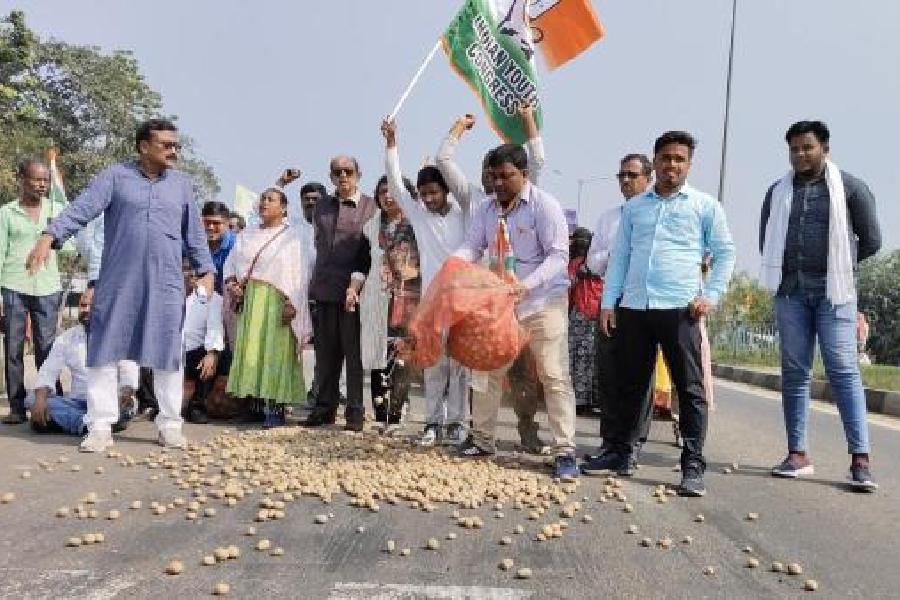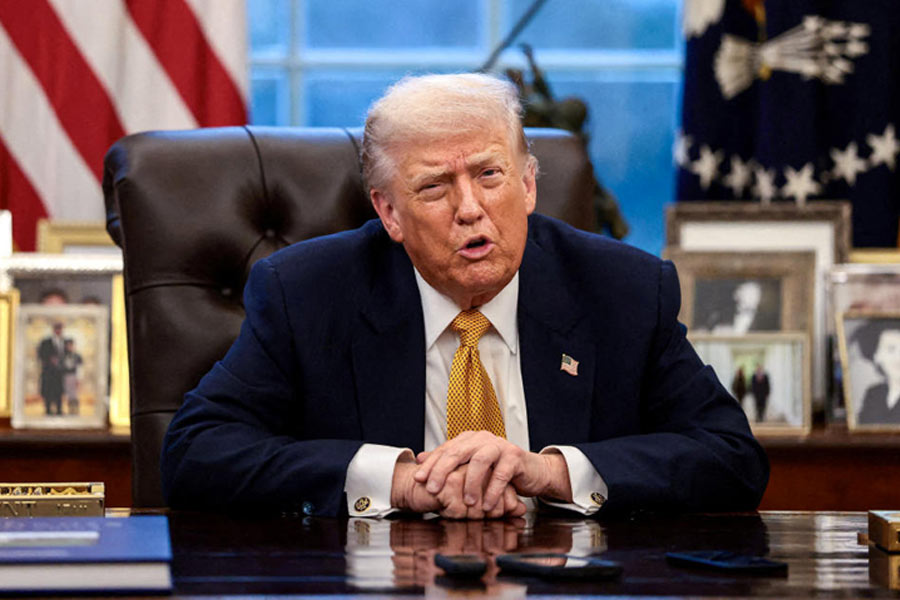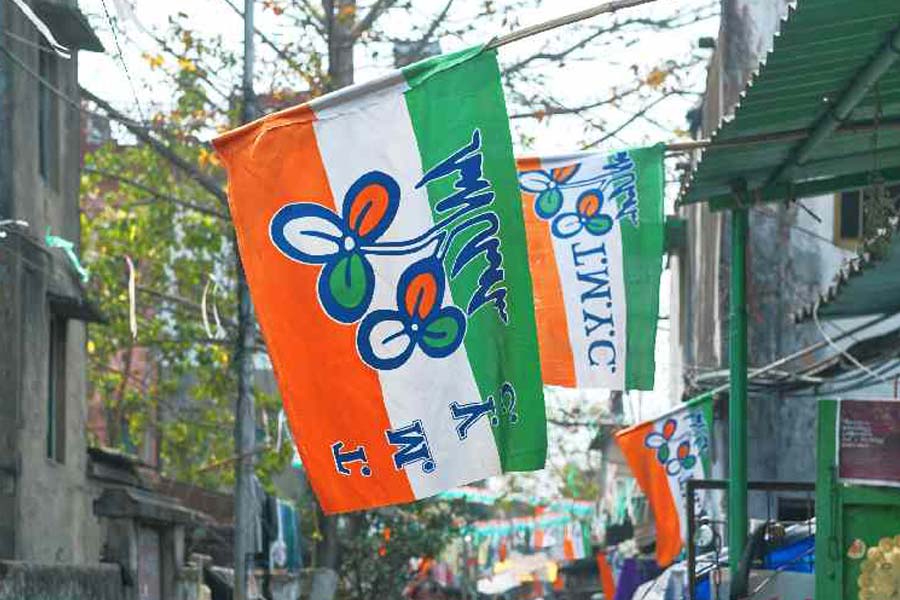The Bengal government’s offer to buy potatoes for ₹9 a kilo is seeing few takers among farmers, emerging as a fresh worry for the Mamata Banerjee government which intends to procure 11 lakh tonnes of the produce.
“The state government has announced a minimum support price (MSP) of ₹9 for a kilo of potato and intends to buy about 11 lakh tonnes of potatoes from the farmers. However, reports say that farmers are not happy with the MSP. As the cash-strapped state government cannot offer more, the target to buy 11 lakh tonnes of potato might not be achieved,” said a senior government official.
Recently, the state cabinet announced an MSP of ₹900 for a quintal of potatoes after it was found that farmers were forced to go for distress sale after a bumper production. Farmers have been forced to sell their produce at even ₹6 to ₹6.50 a kilo even though input cost was higher than that this year due to higher prices of seeds and fertilisers.
“When the MSP was announced about a week ago, the farmers were forced to go for distress sale. Production cost for a kilo of potato has been around ₹7 to ₹7.50,” said a source.
But the situation changed quickly after cold stores opened on March 1. Since potato traders started buying the produce from the fields for their cold stores, farmers started getting a comparatively better price. “The farmers could sell their produce at ₹8.50 a kilo over the past three days or so," a potato trader said.
In such a situation, the state's ₹9 MSP may not be lucrative, the trader explained. The state government’s MSP was higher than the rate offered by traders, but selling produce to the government was a long and tedious process.
If farmers want to sell their produce to the government, they first need to get certified by the BDO that they are small and marginal farmers. Second, they need to carry their produce to cold stores, located a few kilometers away from their field. They have to sort potatoes according to the size before getting them packaged, said the trader.
“All these involve extra cost for farmers. On the other hand, traders buy produce from farmers' fields. As a result, they need not visit the BDO office or carry their produce to the stores or sort potatoes by size before getting them packaged. The small and marginal farmers always wanted to get rid of such formalities,” said another trader.
If the state’s offer does not please the farmers, the effort to reach out to them in the run-up to the 2026 Assembly polls would fall flat, feel officials.
Similar efforts had reaped benefits for them ahead of 2021 Assembly polls when the state bought nearly 12 lakh tonnes of potato from the farmers by announcing an MSP while the farmers were in trouble after a bumper harvest. This helped the Trinamool Congress win a majority of the seats in the potato belt of East Burdwan and Hooghly, even though the BJP had performed well there during the 2019 Lok Sabha polls.
If the state fails to buy enough potatoes from the farmers, it will adversely affect its plan of controlling the price of the produce when it rises in the open market.
“If the state has a stock of potatoes, it can release them in the market to bring down the price of the produce. It is often alleged that traders decide the price with a controlled release of potatoes from cold stores,” said a source.
Several farmers have now started to demand that the government increase the MSP to ₹13 per kilo for the benefit of the farmers.
Several peasants’ wings led by the Left parties have already started blocking national highways in districts like Bankura, Purulia and Jalpaiguri, demanding an MSP of ₹13 a kilo for potatoes.
“The cash-strapped government cannot offer it although it wants the farmers to get a good price for their produce. If the protests spread in other areas, it might not be a good sign for the ruling establishment ahead of the polls since around 14 lakh potato farmers in the state hold the key to electoral success in many south Bengal districts,” said a source.










